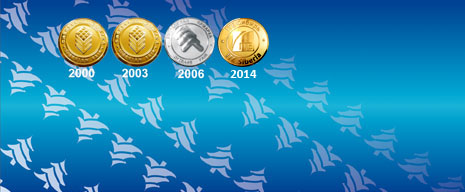 |
 |
The concept of “New tim e” in the Domestic and Foreign Scientific Tradition
The article is devoted to the issue of determining the framework and content of historical periods, which is relevant both for the sphere of history education and for applied scientific research. The methodological basis of the study is a complex of general scientific and special historical concepts, the application of which allows to substantiate the periodization of the historical process on the basis of the criteria of objectivity and scientific character. The article examines various approaches to the interpretation of the concept of New time in domestic and foreign historiography of various periods, indicates the axiological and scientific grounds for integrating this period into the chronology of the historical process. Attention is paid to the issues of determining the time boundaries of New Time era and the principles of its internal chronological division, identifies the essential characteristics of this period of world history, which is interpreted as the most important and turning point. As a result of the work carried out, the authors of the article come to the conclusion about the variability of the views of scientists of different times to the definition of the concept of "New time', which, nevertheless, are brought together by the general view of Eurocentrically oriented historical science to the perception о of historical time as a linear process — from less perfect to more perfect forms social and political organization.
Keywords: modern history; periodization; chronological framework; revolutions; early modern times.
Сайт поддерживается в Новосибирском институте повышения квалификации и переподготовки работников образования и является участником Новосибирской открытой образовательной сети